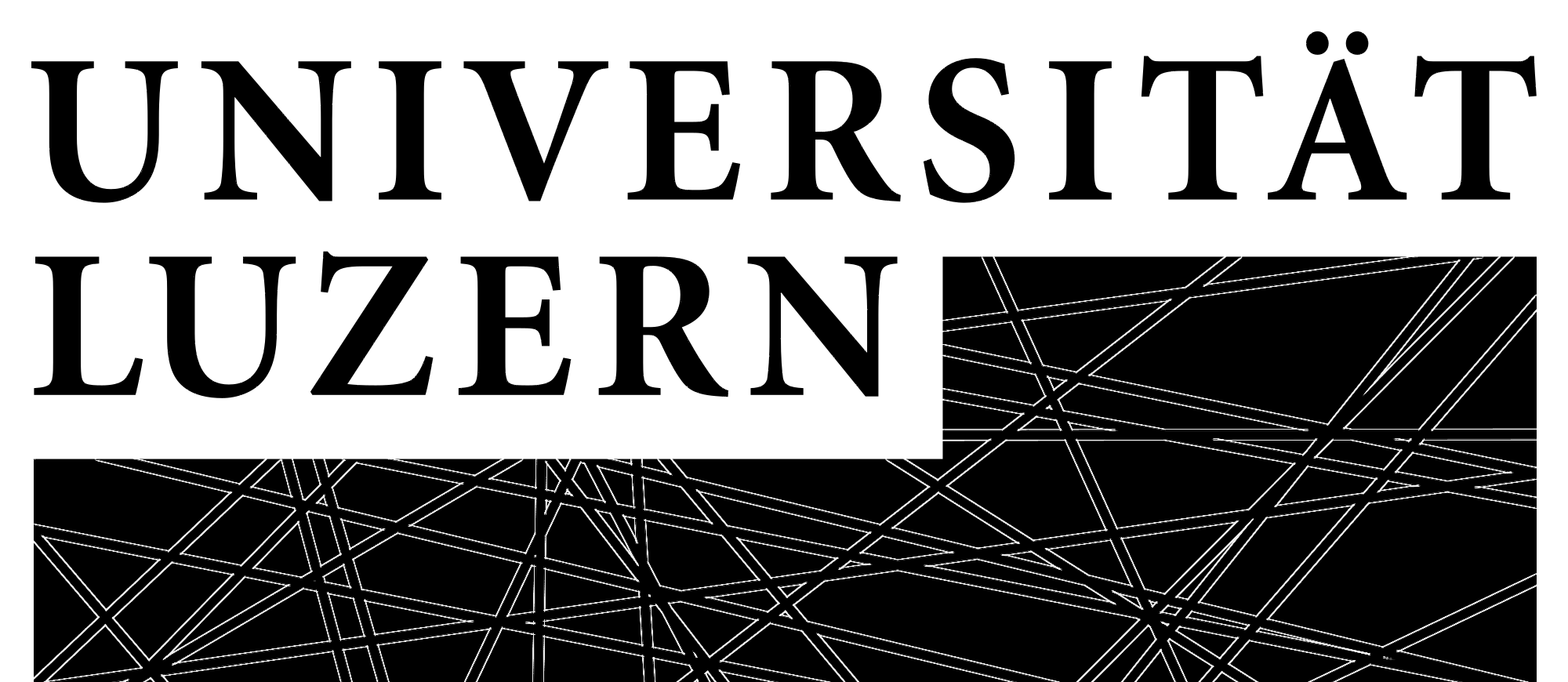I specialize in bridging the gap between strategy and execution, helping teams communicate, collaborate, and deliver exceptional results.
I also provide data-driven SEO and digital marketing strategies to maximize your online visibility and growth.
Whether you need an Interim Scrum Master, Agile Team Training, or a comprehensive SEO Consultant, I guide you with proven, hands-on expertise gained from working with leading firms like Swiss Re and Credit Suisse.










-2.png)


